Matthew Cunningham’s Land Lab
February 28, 2024
Matthew Cunningham’s new venture helps us see the beauty in our own backyards.
Text by Nathaniel Reade Photography by Liz Daly

Along the driveway on Matthew Cunningham’s research farm in Arundel, Maine, stand two big, dead white pines, their trunks perforated by woodpeckers like Swiss cheese. Most people would cut them down and haul them away, like we do with our leaves and grass. Cunningham, however, has placed two Adirondack chairs where he can sit, study, and admire them.
Redefining Sustainable Gardening at Land Lab
A successful landscape architect who also teaches at Harvard University, Cunningham is using this twelve-acre former horse farm to broaden an approach to gardening that not only saves time and money but can improve the environment. He bought the land in 2022 to test ideas around mowing, animal behavior, and mutually supporting plant combinations. Dubbed Land Lab, it will also be a place to grow local native plants, which can be hard to find at commercial nurseries. He might, for instance, take a few ferns from a client’s land, propagate them, and bring them back to the client in quantity two or more years later. “We need to think of residences as functioning ecosystems,” he says, “with plants of that place.”
The Ecological Benefits of Native Plants and Minimalist Landscaping
Residential properties, Cunningham says, collectively represent a massive amount of land. If we managed them better, we would not only improve the ecosystem but make the properties more resilient to the drought, deluge, temperature extremes, and animal overpopulation caused by climate change.
Cunningham and other experts point out that big lawns, irrigation, chemical runoff, gas-powered machinery, and poor plant choice all contribute to ecological decline—and are easy to fix. For example, whereas non-native plants are a salad bar for rabbits and deer, native plants have evolved to coexist with wildlife. So instead of arborvitae, which deer will “turn into topiary,” Cunningham prescribes highbush blueberry.
“Rather than grooming every inch of our land,” he suggests we “let parts be fallow and more ecologically supporting.” Smaller lawns and wild areas save water, time, and carbon. Leaves left in place harbor pollinators and improve soil.
Embracing the Beauty and Value of Natural Decay
“Our landscapes should support all kinds of things,” Cunningham says—even dead trees, which have tremendous ecological value as habitat for insects, pollinators, and birds. “I think they’re beautiful,” he says about the trees. “There’s beauty in life, death, and everything
in between.”
Matthew Cunningham Landscape Design, Stoneham, Mass., Portland, Maine, matthew-cunningham.com
Share
![NEH-Logo_Black[1] NEH-Logo_Black[1]](https://b2915716.smushcdn.com/2915716/wp-content/uploads/2022/08/NEH-Logo_Black1-300x162.jpg?lossy=1&strip=1&webp=1)




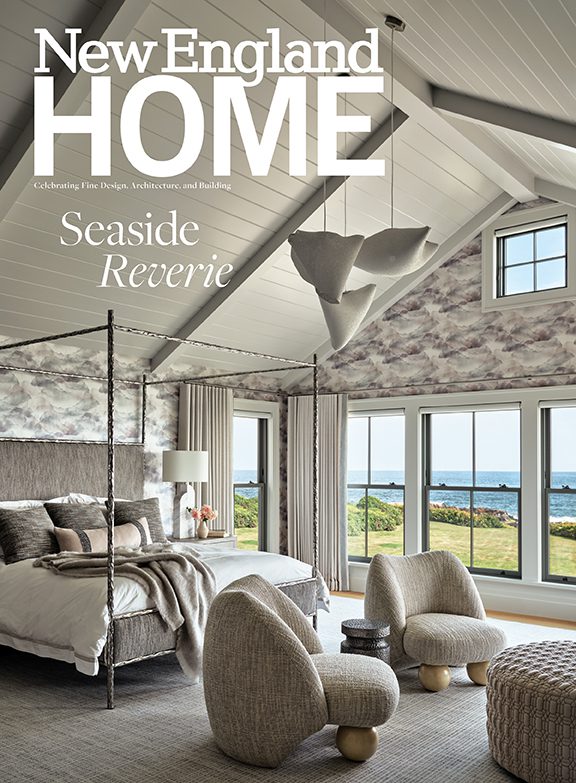
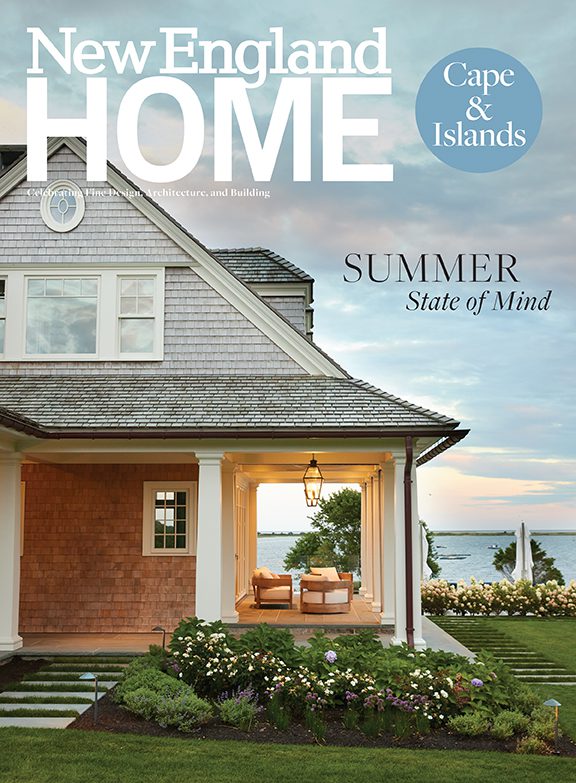
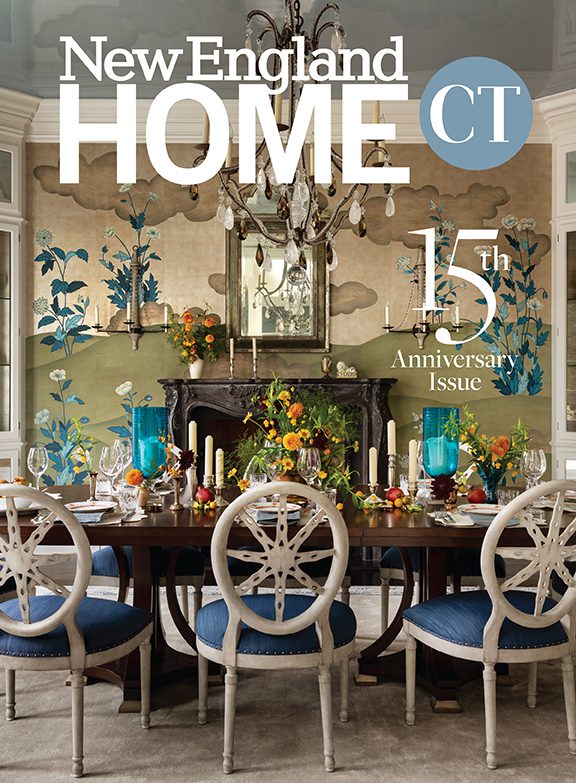

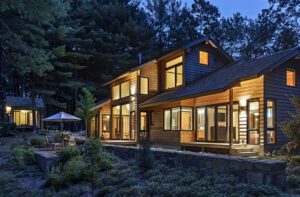
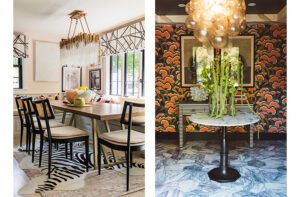

You must be logged in to post a comment.